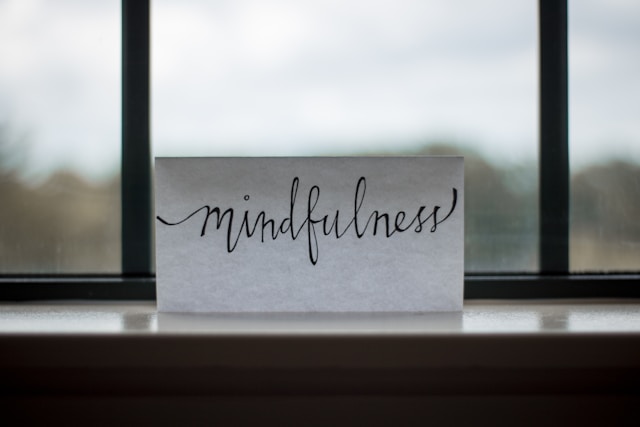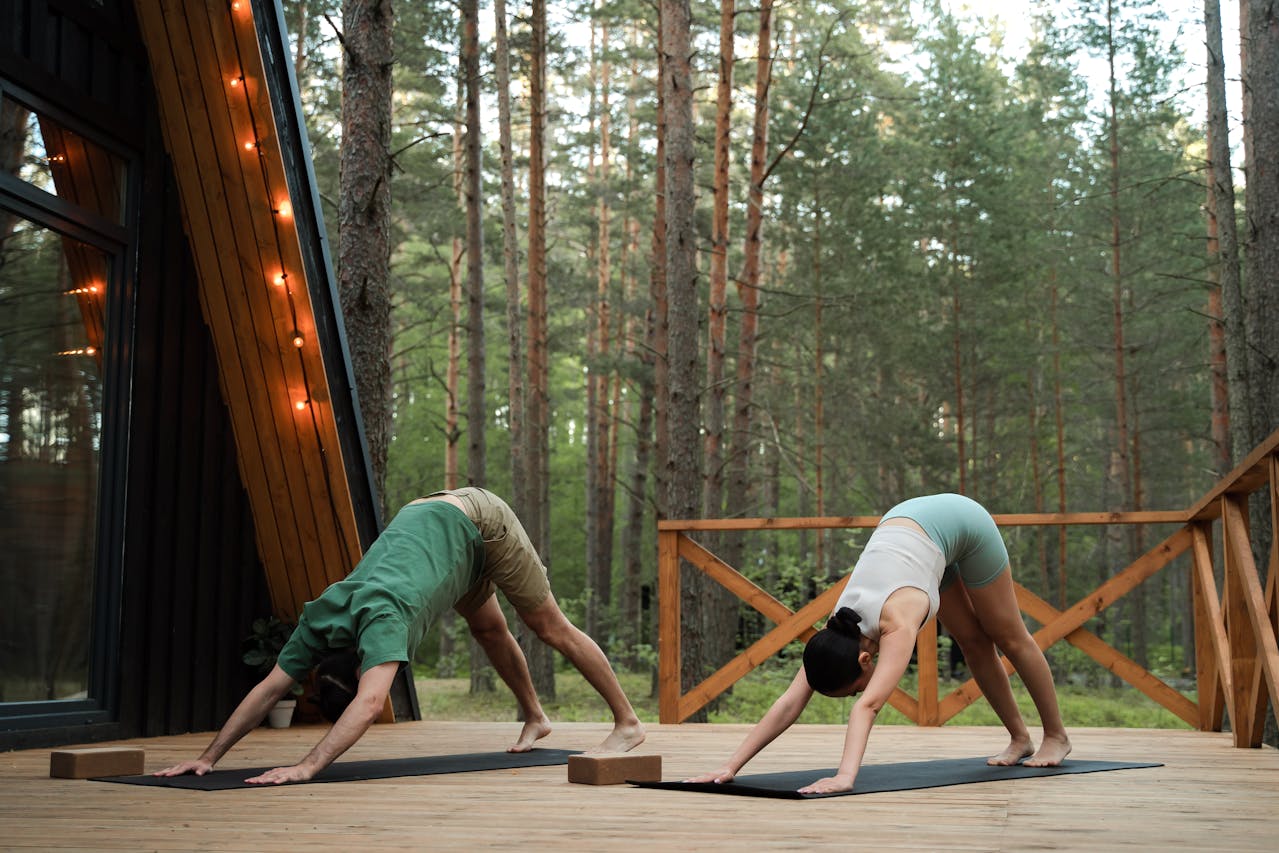
“Mindfulness is the key to a happy and peaceful life. It’s about enjoying the journey, not just the destination.” – Thich Nhat Hanh
We live in a world buzzing with distractions and endless to do lists, mindfulness offers a calming refuge. It’s not just a trendy buzzword—it’s a proven practice that helps you live in the present, reduce stress, and enhance your overall well-being. Whether you’re navigating a hectic workday or seeking emotional balance, mindfulness can transform how you experience life.
Instead of rushing through meals, savor each bite. Pay attention to the texture, flavor, and aroma of your food. This not only improves digestion but also helps you develop a healthier relationship with eating. Whether you’re stuck in traffic or riding the bus, use this time to focus on your breath or observe your surroundings without judgment. This transforms a stressful activity into a calming ritual. Take 5 minutes to step away from your desk, stretch, and breathe deeply. This short practice recharges your energy and boosts productivity. Spend undistracted time with your kids, fully engaging in their activities. Listening attentively to their stories or observing their play strengthens your bond.
What is really is Mindfulness?
Mindfulness is the practice of being fully present and engaged in the moment without judgment. It’s about observing your thoughts, feelings, and environment with curiosity rather than criticism.
Jon Kabat-Zinn, a pioneer of modern mindfulness and founder of Mindfulness-Based Stress Reduction (MBSR), describes it as “paying attention in a particular way: on purpose, in the present moment, and nonjudgmentally.”
Why Mindfulness Matters
Mindfulness isn’t just about slowing down—it’s about living intentionally. Research shows that mindfulness can: helps lower cortisol levels, the hormone responsible for stress. It strengthens your ability to concentrate on tasks and reduces mental clutter. Being present allows for deeper connections with others. Dr. Richie Davidson, a neuroscientist and mindfulness researcher, highlights its transformative power: “Mindfulness changes the brain in measurable ways, improving emotional regulation and attention.”
Common Myths About Mindfulness
- “It’s only for people with lots of free time.”
Mindfulness fits into even the busiest schedules—whether during a commute or while brushing your teeth. - “It’s about stopping your thoughts.”
Mindfulness is not about silencing your mind but about observing your thoughts without judgment. - “You have to meditate for hours to see results.”
Even a few minutes a day can make a significant difference in your mental clarity and stress levels.
“The present moment is the only time over which we have dominion.” – Thích Nhất Hạnh
How to Start Your Mindfulness Journey
- Start Small
Begin with 5 minutes of mindfulness daily. Sit quietly, close your eyes, and focus on your breath. - Use Mindfulness Apps
Apps like Calm, Headspace, and Insight Timer provide guided meditations and tips to help beginners. - Practice Gratitude
Spend a few moments each day reflecting on what you’re grateful for. This simple practice shifts your focus to positive experiences. - Engage in Mindful Movement
Activities like yoga, tai chi, or even walking can be mindfulness practices when done with intention and awareness.
Dr. Ellen Langer, often called the “mother of mindfulness,” emphasizes its accessibility: “Mindfulness doesn’t require meditation; it’s simply noticing new things, which puts you in the present.
Bare this in mind ”Mindfulness isn’t just a practice—it’s a way of life that cultivates peace, focus, and joy in the simplest moments. Whether you’re savoring a cup of coffee or pausing to appreciate a sunset, mindfulness empowers you to live more fully.
Ready to embark on your mindfulness journey? Start small, be consistent, and watch as your daily moments transform into opportunities for growth and serenity.
Categories
- Healthy Lifestyle (3)
- Mental Wellness (4)
- Physical Fitness (6)
- Self Development (6)
- Tips (3)




1 comment
This is insightful.